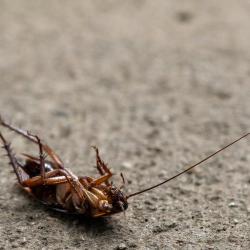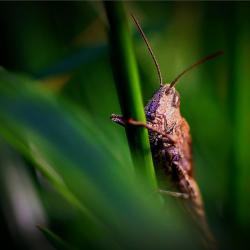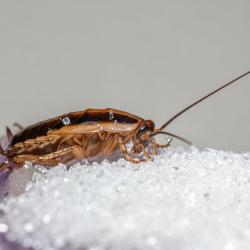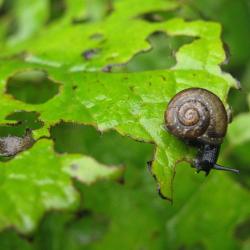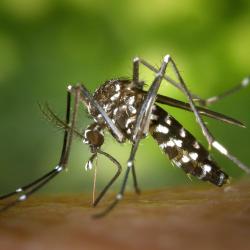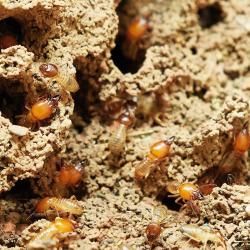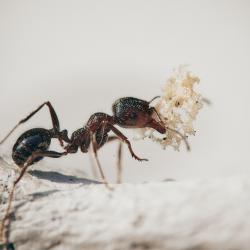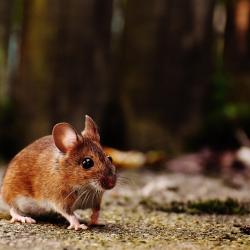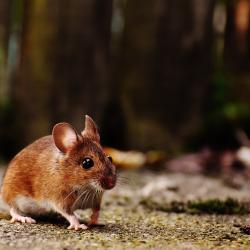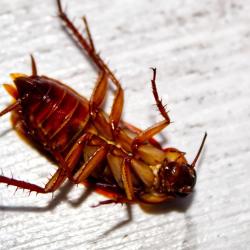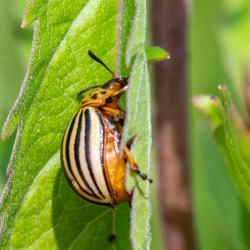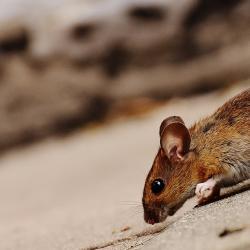Natural Ways to Repel Pests Without Chemicals
The demand for eco-friendly and sustainable living solutions has grown significantly. Among these is the inclination to seek natural methods for pest control. While chemical pesticides are efficient, they bring along potential health risks to humans, pets, and the environment. Fortunately, Mother Nature offers a plethora of alternatives to keep pesky intruders at bay without resorting to harsh chemicals. Here, we delve into several natural ways that you can repel pests, ensuring a healthier home and garden.
1. Essential Oils: Nature’s Potent Potions
Essential oils are perhaps one of the most versatile natural solutions for repelling pests. Oils such as peppermint, lavender, tea tree, and eucalyptus are not only aromatic but also effective deterrents. Peppermint oil, for example, is known to repel ants, spiders, and mice. Simply mix a few drops with water in a spray bottle and apply in areas where pests are seen.
2. Vinegar Solutions
Vinegar is a commonplace household item that doubles as a potent pest repellent. Its strong odor is especially effective against ants. A 50/50 solution of water and vinegar can be used to clean surfaces in your home, particularly in the kitchen. This not only acts as a deterrent but also disinfects surfaces, adding an extra layer of protection.
3. Diatomaceous Earth: A Natural Desiccant
Diatomaceous earth (DE) is a fine powder derived from the fossilized remains of tiny, aquatic organisms called diatoms. It works by dehydrating insects like cockroaches, fleas, and bedbugs. Sprinkle food-grade DE around the perimeter of your home, in basement areas, or directly on pest pathways. Always ensure to use food-grade DE, as it is safe for both humans and pets.
4. Garlic and Chili Peppers
Both garlic and chili peppers are not just culinary staples but also powerful natural pest repellents. You can create a spray by mixing crushed garlic or chili peppers with water. This mixture can deter a variety of pests such as aphids and caterpillars that target garden plants. Be sure to test a small area first to ensure that the plants are not adversely affected.
5. Herbal Plantings
Certain herbs have pest-repelling properties. For example, planting basil, mint, or rosemary in your garden can drive away mosquitoes and other insects. Not only do these herbs fend off unwanted visitors, but they also serve as fresh ingredients for your kitchen.
6. Coffee Grounds
Instead of discarding your used coffee grounds, put them to use as a formidable pest repellent. The acidic nature and strong scent are known to repel ants, snails, and slugs. Spread the grounds in your garden or around the foundation of your home to create a barrier against these pests.
7. Citrus Peels
Many insects dislike the smell of citrus. Placing lemon or orange peels near window sills, doorways, or other entry points can help deter pests like spiders and ants. As a bonus, citrus peels can also add a fresh scent to your home.
8. Physical Barriers and Maintenance
Beyond repellents, employing some practical strategies can significantly reduce pest intrusion. Sealing cracks, keeping food stored in airtight containers, and maintaining a clean living space can prevent pests from finding a home in yours.
Conclusion
Adopting natural pest control methods not only advocates for a healthier lifestyle but also conserves the environment by reducing reliance on chemical solutions. While these methods might require a bit more persistence and regular application, the benefits they offer to your home, health, and the ecosystem are substantial. By integrating these natural strategies, you pave the way to not only a pest-free home but also a more sustainable world.

